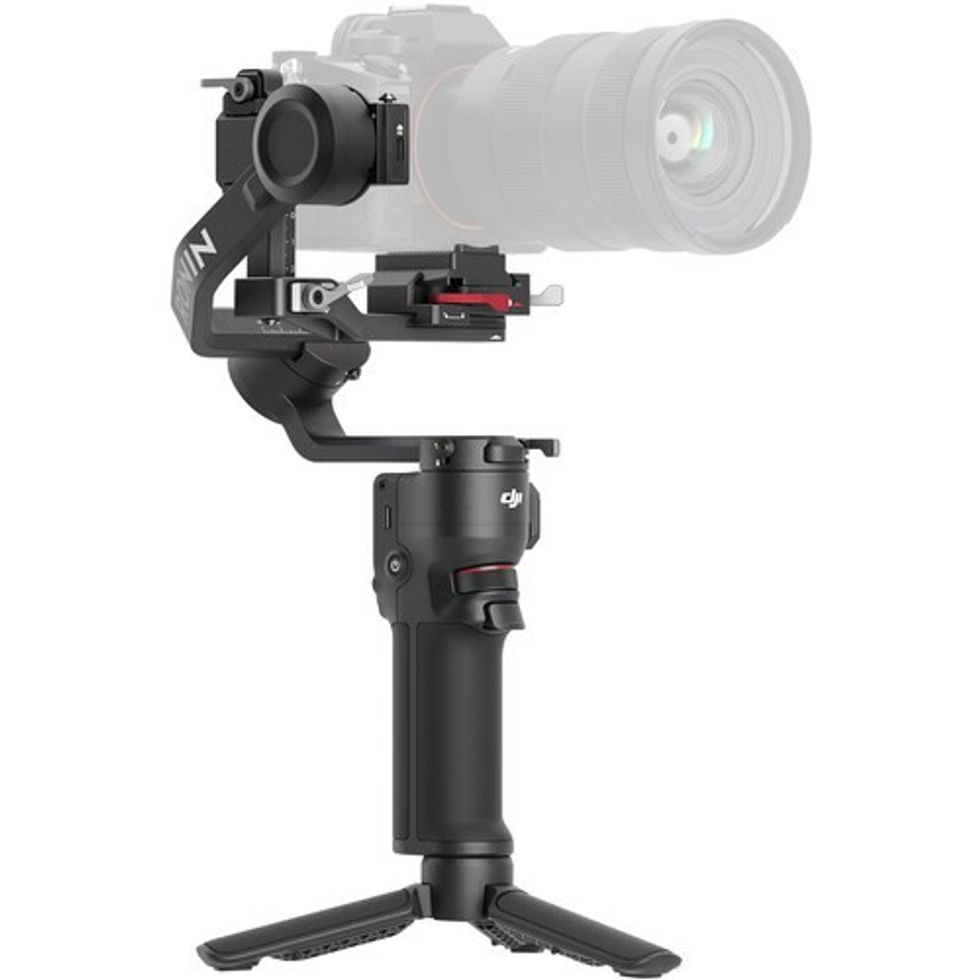'We Believe What We Can See.' Watch This TEDx Talk on the Mystery of Story

After college, my friend moved to LA and wrote coverage (essentially, memos that said whether or not a given submission was worth considering further) for a mid-size production company. Most spec screenplays do not pass the reader. From time to time, my friend would send me some of the more out there scripts he read, along with his dumbfounded coverage, and both were always amazing to me.
It seemed that most of these potential movies had been designed by writers with a sort of narrative tone deafness, an insensitivity to story, or even how people talked to each other; this, combined with a lack of awareness of their deficiencies (the Dunning Kruger effect has shown that the worse you are at a given task, the more likely you are to rate yourself as being totally great at this task, which is why I will arm wrestle any of you, anytime) led to pages of contraction-less, expository dialogue about what was going on on-screen. In this TEDx talk, agent Julian Friedman addresses issues related to why good story is such a rare metal, and also, why America is story's chief exporter around the world.
It's a talk that covers everything from why Beethoven used the happy ending motif so frequently (not because he was cheerful) to why American films do better (~80%) overseas than their European counterparts. One reason, Friedman posits, is that Hollywood films have 2/3 less dialogue than their European cousins, and are therefore that much more accessible to a wider audience, which today means a global audience; even with higher literacy than ever, some 15% of the world is still illiterate, and even though that might seem like a small figure, 15% of 7 billion or so is around 105,000,000, which is not negligible. "We believe what we can see," Friedman says, noting that sometimes great effect can come from having the verbal and visual conflict or contradiction to each other, either subtly or outright. The ensuing illogic will catch the attention of your reader (or viewer) and help draw them in by giving them a problem to solve. Because everyone likes to feel useful.
He also speaks admiringly of Lajos Egri's The Art of Dramatic Writing, which I read as a teenager and heartily recommend for anyone trying to write about people, especially people who need people, a group also known, sometimes, as the luckiest people. Egri's intended audience was playwrights, and he stressed that the most important thing, the factor that drives a story forward, is not the contrived events of the so-called "plot", but the motivations, the needs, of the characters. They are these needs that, in fact, create "the plot." The collision of opposed self-interests creates drama, and, by extension, compelling movies (if all else goes well, of course, but that's beyond the scope of this article).
Human motivation is irrational, emotional, and not subject to the dictates of logic, as anyone who has ever spent anytime with humans is well aware. This video is pretty odd, but also a good overview of Egri's most important points:
Maybe it's true, as some say, that story is a proxy for life, that we use it to work out how to live -- that we experience a story by putting ourselves in the shoes of its characters. Maybe this is true, and maybe it's not; all that is known with any degree of certainty is that we know a good story when we see one. So, the best you can do is see as many movies as you can, read everything you get your hands on, and write in every spare moment. I would recommend this regimen even if you have no intention of being a screenwriter, but that's just me. Anyway. Good talk.
[via Tedx Talks]














